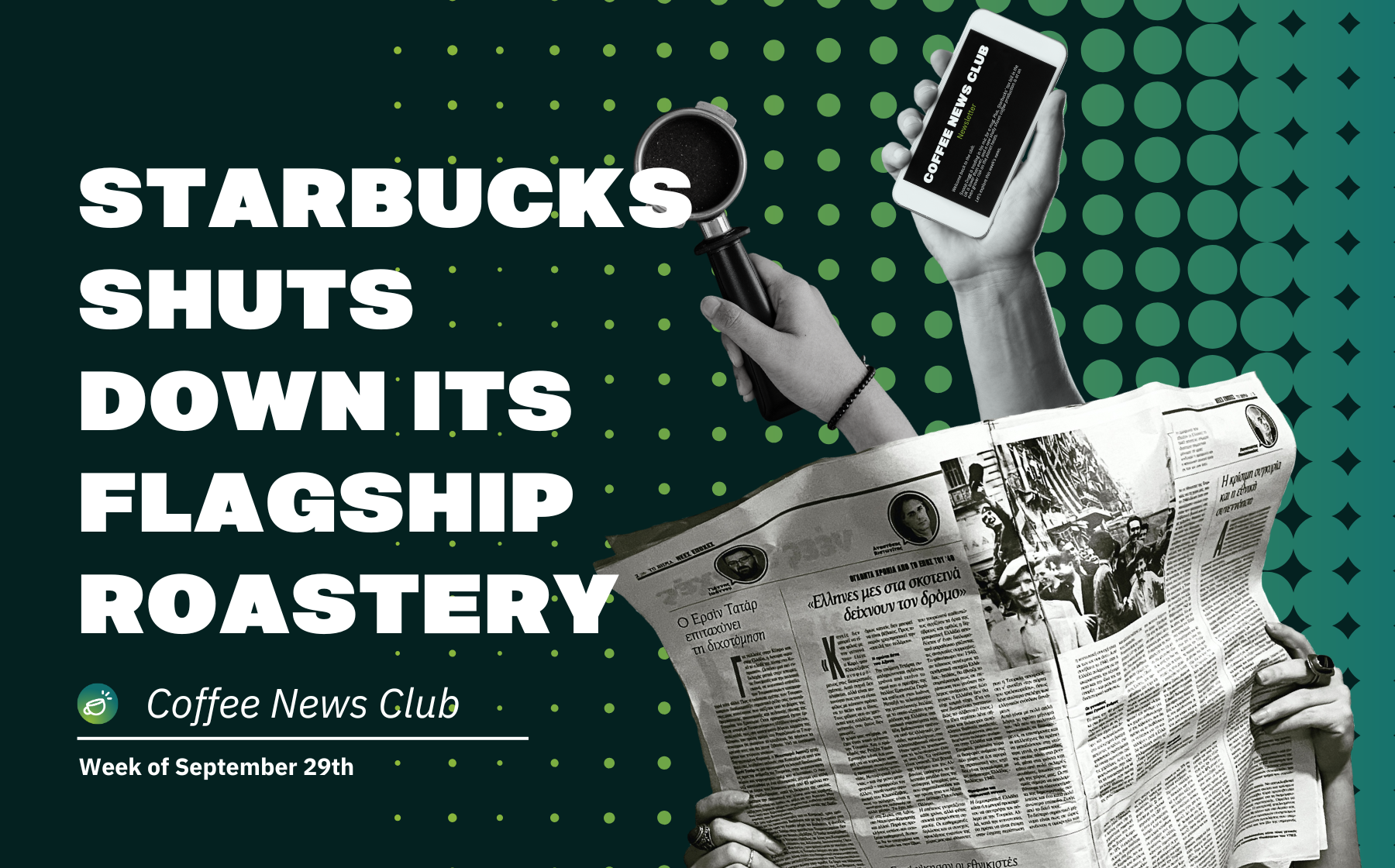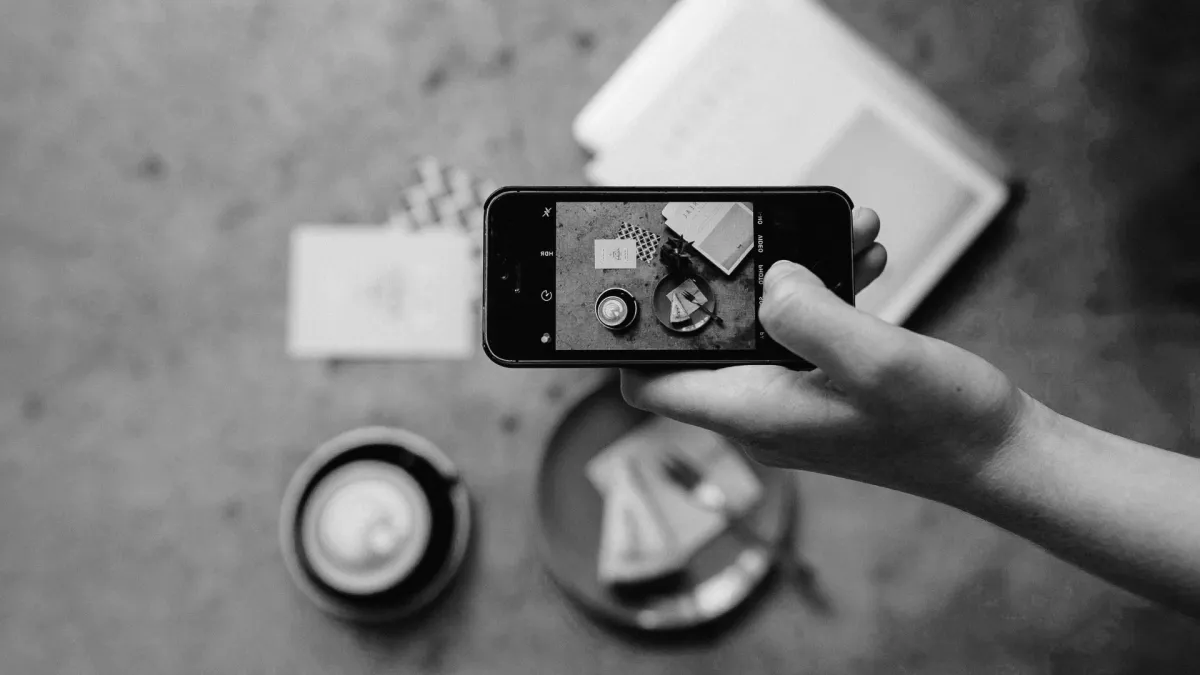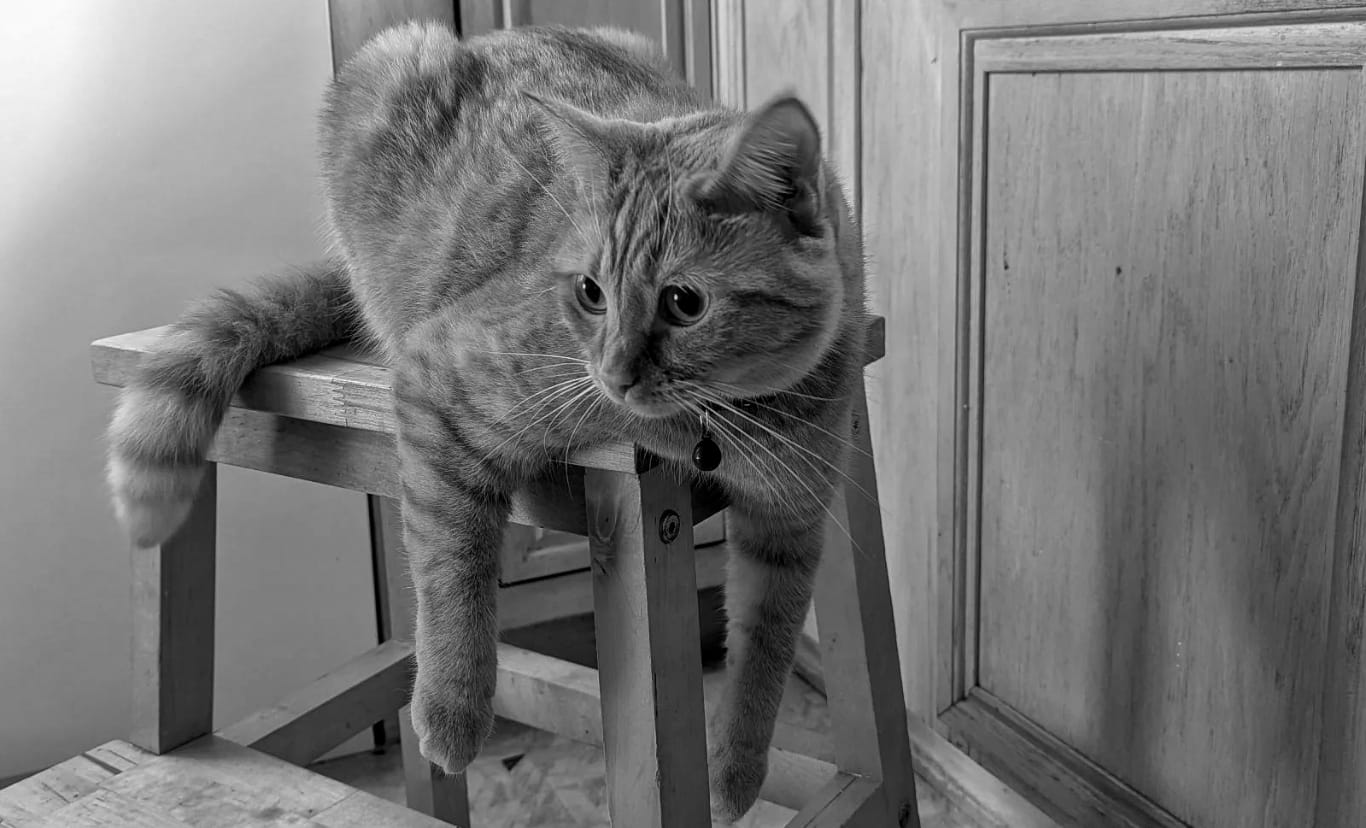"100% Colombian Coffee". Or Maybe Not?
The Coffee News Roundup: Week Ending September 26th

Hello, and welcome to the Roundup. Every week, I read all the coffee news and write about the best bits for Fresh Cup Magazine. Then, I summarise those bits for you in this newsletter.
- Starbucks has been trying to revive its flagging fortunes for over a year now, making many changes in an attempt to recapture its former "third place" atmosphere (although, was it ever a third place, really?). So far these changes haven't made a huge difference—Starbucks' quarterly reports continue to show declining sales—so now they're trying another tactic: store closures and corporate layoffs. (According to the AP, Starbucks plans to spend $1 billion on the restructuring, which seems to me to be the opposite of cost-cutting, but what do I know.)
- The EU is delaying its deforestation regulation by another year, this time due to IT readiness issues. The EUDR has been, let's say, divisive in the coffee industry since it was introduced—activists and environmentalists welcomed the legislation, but industry bodies and some governments worried that it would impact trade and harm smallholder farmers. It will now—theoretically—go into effect at the end of 2026.
- A few weeks ago I wrote about the possibility of transshipping/"origin-washing" becoming more common in coffee as Trump's various tariffs take hold. It turns out I'm not the only one thinking about this: Germán Bahamón, the CEO of Colombia's coffee growers' federation, is concerned that "unscrupulous exporters" in Colombia might be buying cheap coffee from Brazil, repackaging or blending it, and shipping it to the U.S. under the "100% Colombian Coffee" brand and with a much lower tariff rate. Exports from Brazil to Colombia jumped 578% in August, but Brazil’s exporters’ association pushed back on Bahamón's claims. "Our coffees are being purchased to meet domestic consumption, given the increase in Colombian coffee exports to the US”, Cecafé president Marcio Ferreira said.
For more on all these stories, plus how you should be drinking tea and water in addition to coffee, check out the full Roundup over at Fresh Cup Magazine:

One of the locations that Starbucks closed was its flagship Reserve Roastery in Seattle (also one of the first unionised stores).
Coincidentally, this week's long read takes a look, in part, at how the company's Reserve Roastery stores act like ornate coffee theme parks and offer an example of Jean Baudrillard's theory of simulacra: a copy of something that ends up distorting or misrepresenting the original.

Paid subscribers will receive a bonus article this coming Friday—I forgot to plug the last one, which was on how coffee is contaminating our groundwater—but until then it's goodbye from Clem, who is sitting totally normally:









